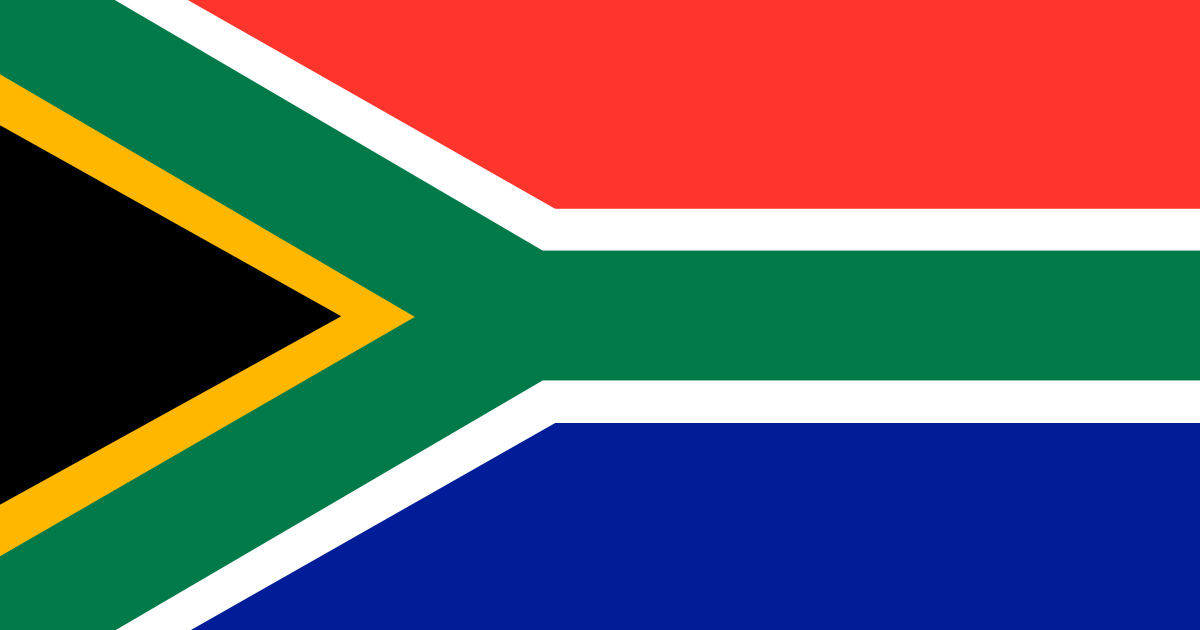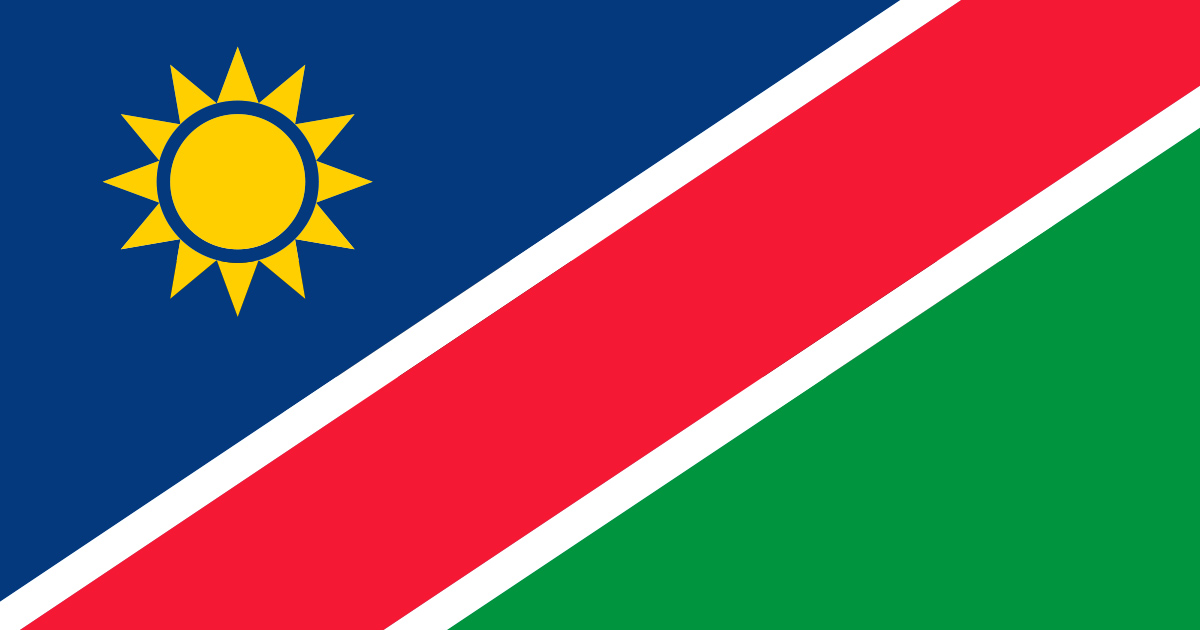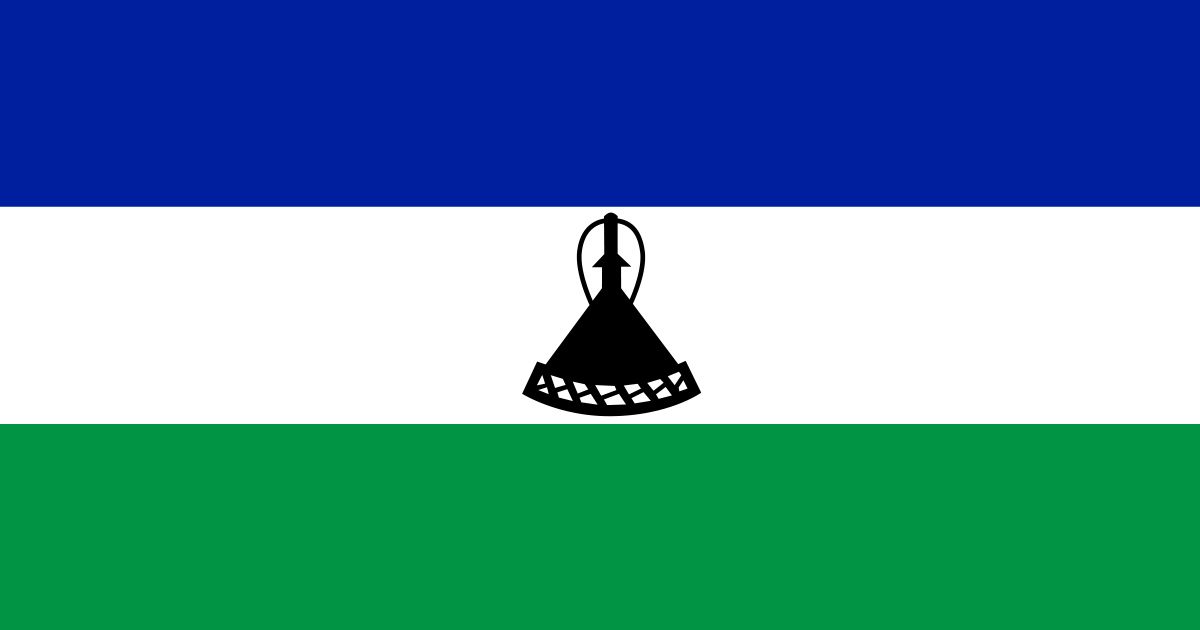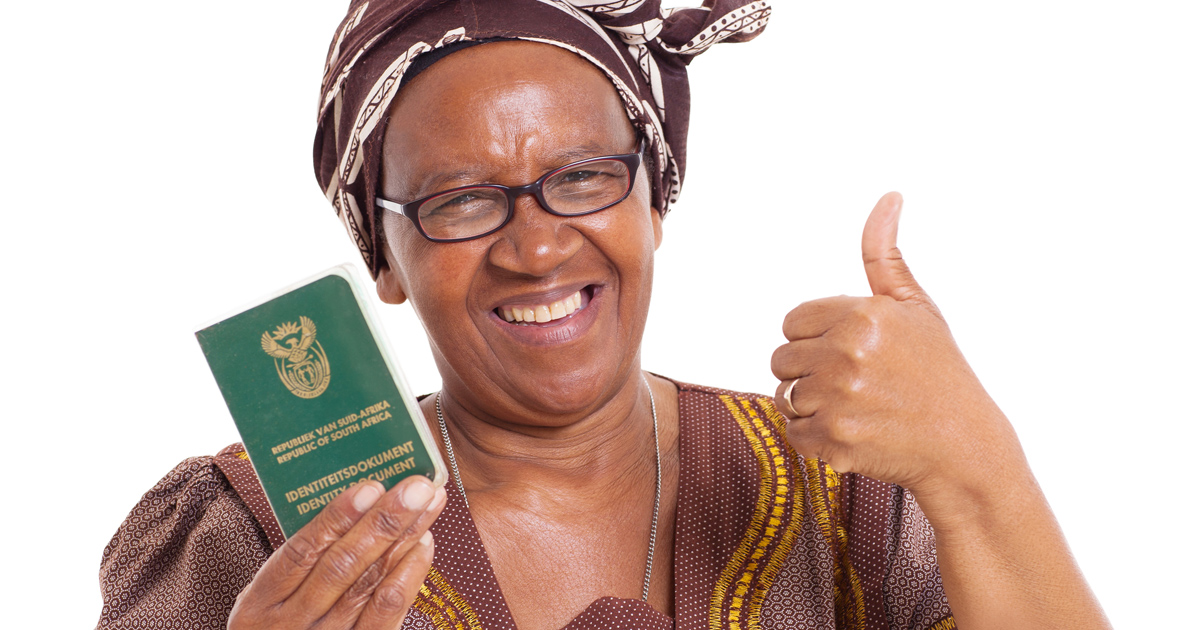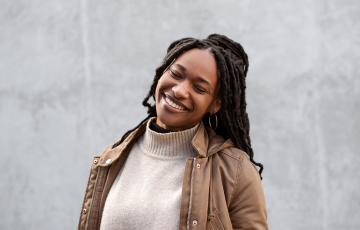All you need to know about voting
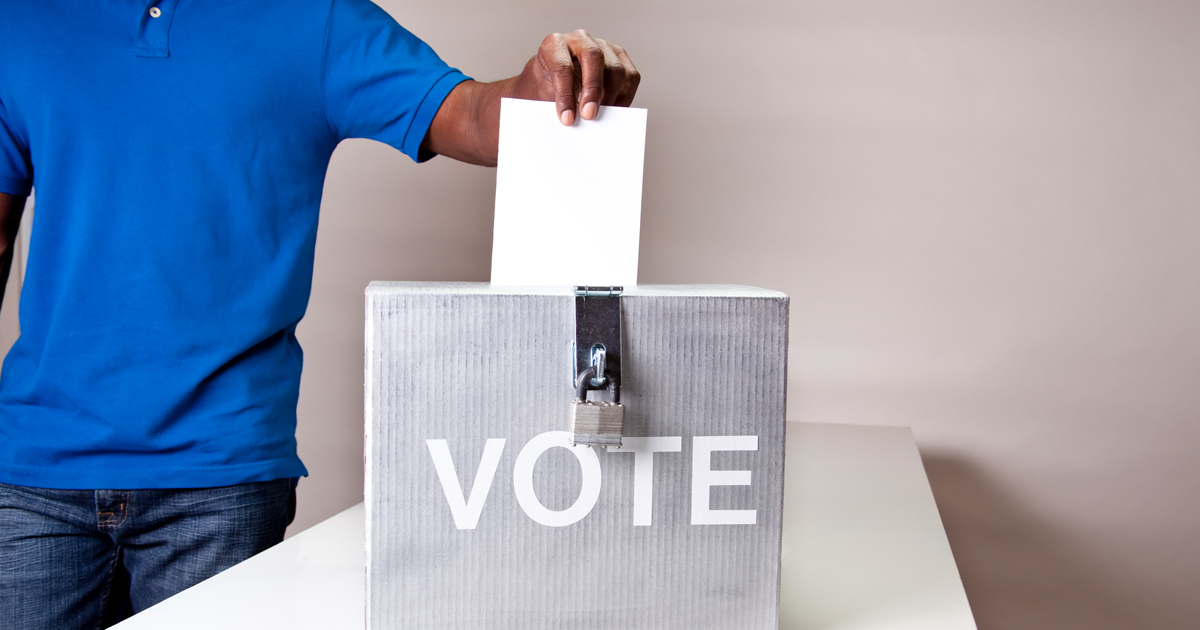
In democratic countries, every citizen has the right to vote for the government they want.
In South Africa, we go to the voting polls on 8 May – what better time to look at voting and democracy around southern Africa?
Across the democratic world, including in southern Africa, citizens have the right to vote for the political leadership of their choice in elections. All citizens are equal in the eyes of the law, meaning it is against the law for anyone to be discriminated against based on race, gender, religion, age, ethnicity, sexual preference or anything else. In non-democratic countries, citizens have no say in who rules the country and don’t have the same personal freedoms, which is why democratic countries are known as ‘free’.The thing about freedom is that it comes with a great deal of responsibility. The saying, ‘nothing worth having comes easy’ is very true of democracies, because to remain free the citizens have to participate actively in their society. They need to keep up with current affairs, monitor the elected leaders’ conduct, voice their opinions about things that matter to them and vote for the leaders they want in positions of power.
The saying, ‘nothing worth having comes easy’ is very true of democracies, because to remain free the citizens have to participate actively in their society
‘Don’t complain if you didn’t vote’ has become an election mantra in the free world, because those who don’t use their right to vote are leaving all the decisions to others, which means they have no right to complain if they don’t like the outcome of elections.
Here is a glimpse of the democratic processes of some southern African countries:
SOUTH AFRICA
In 1994, South Africans participated in their first democratic election on April 27, now celebrated every year as Freedom Day. This was the end of the apartheid system imposed on the country in 1948, and the beginning of multiparty democracy. The country’s sixth general election will be held this year. Anyone over 16 years of age can register to vote, but can only vote when they are 18. Voting must be done in person at an official voting station (unless a special vote has been arranged, due to a disability or any other reason that prevents you from going to the voting station in person). It is vital to have a valid identity card or document in order to vote.
Any voter who has moved to a different part of the country should notify the Electoral Commission (details below right) of their new address or they would have to travel back to vote where they were initially registered.
For citizens living outside South Africa, voting occurs at the nearest embassy, high commission or consulate general. This affords all citizens an opportunity to take part in the democratic process, no matter where they live.
BOTSWANA
SA’s neighbouring country, Botswana, also has a multiparty democracy where public officials are elected to serve in government for five years. Botswana will also have their general election in 2019. Any citizen aged 18 and above can register to vote. For citizens living in foreign countries, voting at the nearest embassy or consulate is also permitted. Botswana’s election rules exclude anyone from voting if they were declared mentally unfit, face the death sentence, have been imprisoned for six months or longer, have committed an election-related offence, or have dual citizenship.
There is also a House of Chiefs in Botswana – known locally as Ntlo ya Dikgosi, that acts as an advisory body to parliament. It is comprised of chiefs from the country’s main tribes, and all bills that affect tribal issues must go through them before being discussed in parliament.
NAMIBIA
Also going to the polls this year are Namibians. SWAPO, Namibia’s ruling party since the country’s independence in 1990, has maintained political dominance for almost three decades. For the general elections, voters must be a Namibian national aged 18 or above. Namibia was the first country in Africa to introduce electronic voting. Locals arrived at voting stations in November 2014 to find grey electronic devices with pictures or logos of the candidates with a green button next to each one. They simply selected their preferred candidate by pressing a button on the device – and in the process made history.
LESOTHO
Also known as the Kingdom in the Sky, Lesotho is a small land-locked country within South Africa. Unfortunately, in the past six years, elections for political leadership have been marred with irregularities including political in-fighting and an attempted coup in 2014. The last election was held in 2018.
Lesotho’s government is run by two chambers, namely the Senate or Upper House, and the National Assembly or Lower House. In addition, King Letsie III of Lesotho appoints chiefs who serve in government. Voters in Lesotho must also be 18 years or older. Anyone declared to be of unsound mind, or who acknowledges allegiance to a foreign power, or is facing a death sentence may not vote.
WHAT YOU NEED TO KNOW ABOUT VOTING ON 8 MAY 2019
1. South Africa’s national and provincial elections – which is what the 2019 elections are – take place every five years.
2. In national and provincial elections, voters vote for a political party, not an individual.
3. Political parties get a share of seats in Parliament in direct proportion to the number of votes they get in the election.
4. Each party then decides on which of their members will fill the seats that have been won. This is called a proportional representation voting system.
5. SA’s electoral system has been a proportional representation system since 1994.
6. There are 26.1 million registered voters on the voters’ roll, but there are at least another 9 million South Africans who are old enough to vote but haven’t registered.
THE PARTIES YOU CAN VOTE FOR
African Security Congress
African Alliance of Social Democrats
African Christian Democratic Party
African Congress of Democrats
African Content Movement
African Covenant
African Democratic Change
African Independent Congress
African National Congress
African Renaissance Unity Party
African Transformation Movement
Agang South Africa
Al Jama-ah
Alliance for Transformation for All
Azanian People’s Organisation
African People’s Convention
Better Residents Association
Black First Land First
Capitalist Party of South Africa
Christian Political Movement
Compatriots of South Africa
Congress of the People
Democratic Alliance
Democratic Liberal Congress
Economic Emancipation forum
Economic Freedom Fighters
Forum for Service Delivery
Free Democrats
Front National
GOOD
Independent Civic Organisation of South Africa
Inkatha Freedom Party
International Revelation Congress
Land Party
Minority Front
National Freedom Party
National People’s Ambassadors
National People’s Front
Pan Africanist Congress of Azania
Patriotic Alliance
People’s Revolutionary Movement
Power of Africans Unity
Socialist Revolutionary Workers Party
South African Maintenance and Estate Beneficiaries Association
South African National Congress of Traditional Authorities
United Democratic Movement
Vryheid Front+
Women Forward
DIRECTORY
• Electoral Commission of South Africa elections.org.za
• Elections Botswana electionsbotswana.org
• Electoral Commission of Namibia ecn.na
• For more on Lesotho have a look at https://africacheck.org
Related articles

Latest Jet club magazine
We’ve got the latest trends, exciting prizes and exclusive savings just for you!
Jet Club will not pass your details to anyone else. By clicking the subscribe button you confirm you have read and agree to the Jet Club Terms and conditions and Jet Club Privacy Statement.
Subscribe